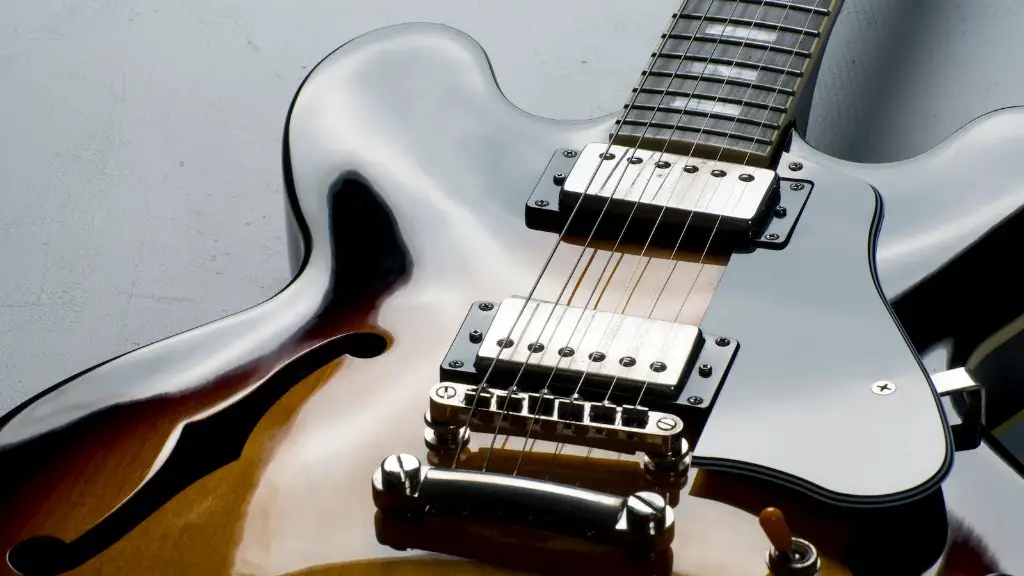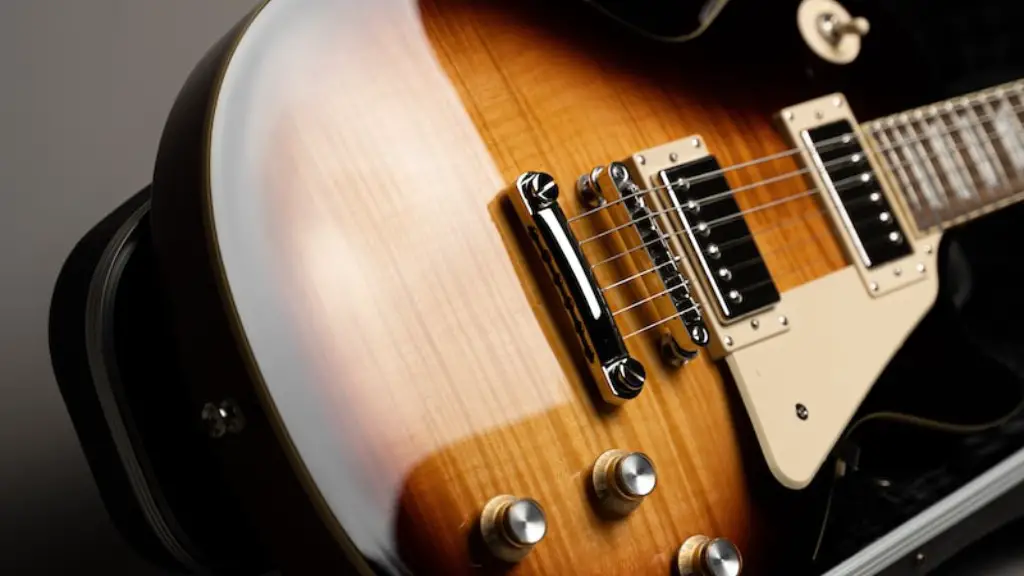Practicing the trumpet can be an incredibly rewarding activity, but it’s also important to know how long you should practice each day in order to get the most out of your efforts. Practicing too little won’t help you improve, but practicing too much can lead to burnout and less consistent progress.
To make sure your practice time is used effectively, it’s important to understand both the physical and mental limits of your body. Every individual is different, but there are some general guidelines that can help you decide how much practice is enough.
Start by breaking down your practice session into smaller chunks of time spread throughout the day, then use this to gauge how long you should practice each day. Taking frequent breaks helps keep your mind fresh and prevents burnout. Make sure you give yourself adequate rest between sessions and avoid playing for more than two hours at a time.
By balancing your practice sessions with rest and focusing on quality over quantity, you can ensure that every minute spent practicing will be as productive as possible.
Creating a Practice Schedule
Creating a practice schedule for trumpet can be a great way to get the most out of your practice time. A good practice routine should include a mixture of warmups, scales, studies, and repertoire. Start by establishing a goal for the amount of time that you want to spend practicing each day. Generally speaking, it is recommended that you practice for at least 30 minutes each day but this can be adjusted depending on your individual goals and abilities.
It is important to section off the time into smaller segments so that you can work on different areas of your playing. For example, spend the first 10 minutes doing warmups and long tones, then move onto scales and studies for another 10 minutes, and finally dedicate the last 10 minutes to working on repertoire pieces. This type of structure will help you stay focused and organized during your practice sessions. Additionally, it’s important to take regular breaks so that your mind stays fresh and energized throughout the session.
Allowing for Adequate Rest
When it comes to practicing the trumpet, it is important to allow for adequate rest. The amount of time you should practice each day will vary depending on your skill level and goals. Beginners should practice five to ten minutes a day, and more advanced players can practice up to thirty minutes each day. For best results, it is important to practice consistently rather than cramming all your practice into one session. Take breaks in between practice sessions to avoid overworking your muscles and help build endurance. You should also make sure you’re getting sufficient rest and sleep so that your body is recharged for the next day’s session. A good rule of thumb is to take at least one full day off from playing each week. This will ensure that your body is well-rested and prepared for the next week’s practice sessions.
Practicing Trumpet Every Day
Practicing trumpet every day is essential to becoming a better musician. Daily practice helps build muscle memory and can help you develop your technique faster. It is important to practice at the same time every day so that it becomes part of your routine and you don’t forget or skip practice. Ideally, trumpet players should practice at least 30 minutes a day, five days a week. Start with short sessions and gradually increase the length of your practice as your skills develop. Also, be sure to mix up your practice routine so that you are focusing on a different area each day. This will help you become more well-rounded and improve faster.
It is important to remember that quality is more important than quantity when it comes to practicing trumpet. Focus on perfecting each note and playing with good tone rather than just trying to get through as many notes as possible in one session. Practicing regularly will help you reach your musical goals faster!
Incorporating Variety into Your Practice Sessions
Practicing trumpet can be a great way to improve your skills, but it can sometimes become monotonous and tedious. To prevent this from happening, it’s important to incorporate variety into your practice sessions. This could mean changing up the pieces you’re playing, varying the tempos or rhythms, or even introducing improvisation. Additionally, you should also take breaks throughout your practice sessions and work on different exercises and drills. This will help keep you focused and motivated while also helping to build different aspects of your playing.
When determining how long to practice trumpet each day, it’s important to consider the level at which you are playing. If you are just starting out, then 15-20 minutes a day is a good goal while more experienced players may be able to practice for 30 minutes or more. However, even experienced players should take breaks throughout their sessions in order to stay fresh and avoid burnout. Ultimately, the length of time spent practicing should be tailored to an individual’s needs and goals.
Being Mindful of Posture and Technique
Practicing trumpet requires more than just playing notes. The way you hold the instrument and form your embouchure are essential for successful sound production. Practicing posture and technique will help you develop good habits that will make playing more enjoyable and effective. Every time you practice, make sure to pay attention to your posture and technique. Focus on keeping your head, neck, arms, and hands in the correct positions so that you can produce a full, consistent sound. It’s also important to take breaks during your practice session.
When it comes to how much time to practice trumpet each day, there’s no one-size-fits-all answer. It depends on your individual level of skill and experience. Beginners may only need 10-20 minutes per day while more advanced players may require longer sessions. The key is to be consistent with your practice schedule by setting aside a certain amount of time each day or week for practicing. Remember that quality matters more than quantity when it comes to practicing trumpet – it’s better to focus on perfecting a few things every day instead of trying to learn too much at once.
With regular practice and mindful attention to posture and technique, you can improve your trumpet playing quickly and effectively.
Practicing with an Accompaniment
For trumpet players, practicing with an accompaniment is a great way to hone your skills and enhance your musicality. It can help you learn the nuances of different styles of music and develop better phrasing. To make the most of practicing with an accompaniment, it’s important to set aside a regular practice time each day. Depending on your skill level, you should aim for at least 30 minutes to an hour of practice per day. This will help you build up your technique and develop good playing habits.
When practicing with an accompaniment, it’s important to start slowly and focus on the basics. Listen carefully to the accompaniment track and try to match your phrasing as closely as possible. Work on articulation, dynamics, and tone quality until you have a good understanding of the song before increasing speed or complexity. With consistent practice, you will be able to master even advanced pieces in no time! Remember that practice makes perfect, so don’t get discouraged if something doesn’t sound right right away; keep at it and you’ll be sure to see progress in no time!
The Bottom Line
In conclusion, how long you should practice trumpet each day depends on a variety of factors, such as your current skill level and the amount of time you have available. It’s important to find a balance between pushing yourself to improve and avoiding burnout. However, even if you only have 15 minutes a day, you can still make improvements. By breaking up your practice sessions into shorter chunks and taking breaks in between, you can maximize your practice time without tiring yourself out. Working with an experienced teacher or mentor can also be beneficial in helping you reach your goals.
No matter how much time you decide to dedicate to trumpet practice, remember that consistency is key. With regular practice and dedication, you can build the skills necessary to become a better musician.




